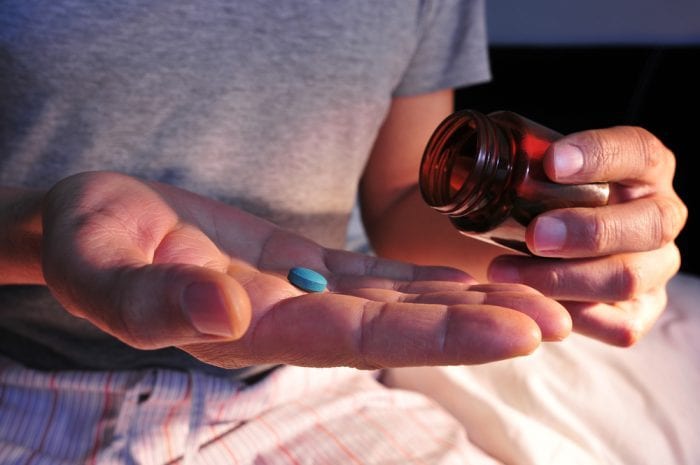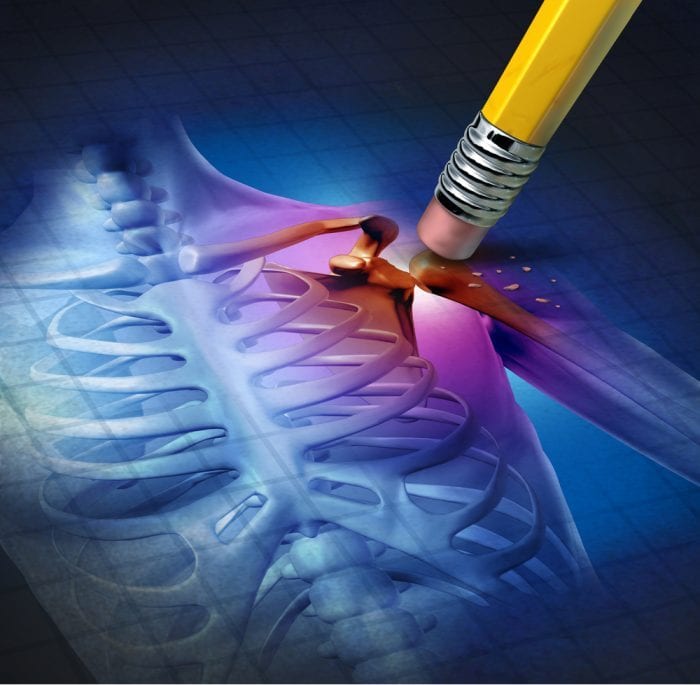
Recovery from pain and getting a good night sleep are in the skill set of cannabis medicine.
Numerous studies are showing that cannabis can offer a viable alternative for pain recovery, and a pathway away from certain prescription drugs. Anecdotally, people have long spoken of cannabis as a substitution for certain pharmaceuticals, especially as that applies to sleep and pain. Now, research is providing the scientific evidence to back up these patient stories.
Cannabis Instead of Sleeping Pills and Pain Meds: A Survey
A recent study surveyed 1000 people taking cannabis. The researchers asked why participants consumed cannabis, and about the plant’s ability to produce positive results. Of these participants, 65 percent took cannabis for pain relief. Meanwhile, 74 percent took cannabis to induce sleep.
The results were incredible! A whopping 80 percent of participants trying cannabis for pain relief stated that the cannabis was ‘very’ or ‘extremely’ helpful in reducing pain. Importantly, many participants were permanently switching to cannabis – 82 percent had previously used over-the-counter pain medications and 88 percent previously used opioid analgesics.
For those who consumed cannabis for sleep, 84 percent said that cannabis was ‘very’ or ‘extremely’ helpful in aiding sleep. Of these, 87 percent switched from over-the-counter sleep aids and 83 percent using prescription sleep aids reduced pharmaceutical use or switched to cannabis entirely.

More Evidence That Cannabis Helps with Pain Recovery
But, the evidence that cannabis can substitute and reduce opioid-based pain recovery doesn’t stop there.
Another survey study asked patients with chronic pain whether cannabis had affected their opioid use. The researchers used an online questionnaire that reached 244 chronic pain patients who also consumed cannabis. They found that these patients decreased their opioid use by 64 percent after starting cannabis. These patients also experienced reduced medication side effects, and improved their quality of life by 45 percent.
The researchers concluded that, “chronic pain patients are essentially substituting medical cannabis for opioids and other medications for chronic pain treatment, and finding the benefit and side effect profile of cannabis to be greater than these other classes of medications”.
Why Is This Important?
Finding ways to improve pain recovery and improve sleep is incredibly important as both pain killers and sleeping pills can be addictive and even fatal.
Deaths caused by prescription opioids, in particular, have become a reality for many Americans. Around 21-29 percent of patients who are prescribed opioids for alleviating chronic pain end up abusing these drugs. The CDC reported that five times more people died from prescription opioid overdose in 2017 than in 1999.
Sadly, the outlook isn’t much better for those taking prescription sleeping pills. One studyfound that 6-10 percent of American adults are prescribed a sleeping drug. Taking these pills increases an individual’s chance of fatality by threefold, even when they take less than 18 pills a year.
How Might Cannabis Reduce The Need For Pharma
We know that cannabis shows a lot of potential in its ability to get patients off certain prescription drugs. But how does it do this?
Research reveals that cannabis might be able to induce a range of similar effects on the body, including pain relief and aiding sleep. If cannabis is able to provide the same result as prescription medications, cannabis may reduce the need for pharmaceuticals.

Cannabis as a Pain Reliever
Cannabis contains active cannabinoids, like CBD and THC, that act on receptors and other pathways to induce a range of effects. CB1 and CB2 are G-protein coupled cannabinoid receptors to which THC and other cannabinoids bind. One study showed that activators of CB1 and CB2 induced a pain relief effect comparable to morphine in a tumor pain model.
CB1 receptors are also found in areas of the brain that regulate perception. When THC binds to CB1, it hyperpolarizes the pre-synaptic terminal. This closes calcium channels and holds back neurotransmitters at their synapses. This can then modulate opioid and serotonin release, reducing pain.
CBD is another cannabinoid that might play an important role in reducing pain. CBD modulates receptor pathways and other non-cannabinoid receptors. It may improve pain relief by targeting the glycine receptor 𝛼 GlyR, by enhancing 𝛼 GlyR CBD which then induces glycinergic cannabinoid-induced suppression of chronic pain.
Cannabis As A Sleep Aid
Patients have long hailed cannabis for its ability to induce sleep. Now, there’s research to back that up.
One animal study showed that the light/dark cycle modulates the CB1 receptor. This suggests that CB1 and its activators, like THC, might play a prominent role in the wake/sleep cycle.
Researchers have found that the endocannabinoid system induces the production of oleamide, which is a fatty acid that stops the blocking of the GABA receptor through gap junction-mediated cell to cell communication modulation. GABA is a neurotransmitter that has been found to enhance the production of melanin. Melanin is important for sleep and circadian rhythms. So cannabis may, therefore, ensure that the body produces melanin.
This research on cannabis’ potential as a pain-killer and sleep aid simply backs what we’ve known for years. There’s no doubt the plant has great promise in pain recovery and as a sleep aid.
Thank you readers for your interest in the article. Please like and comment so we have more motivation to write articles
0 Comment:
Post a Comment